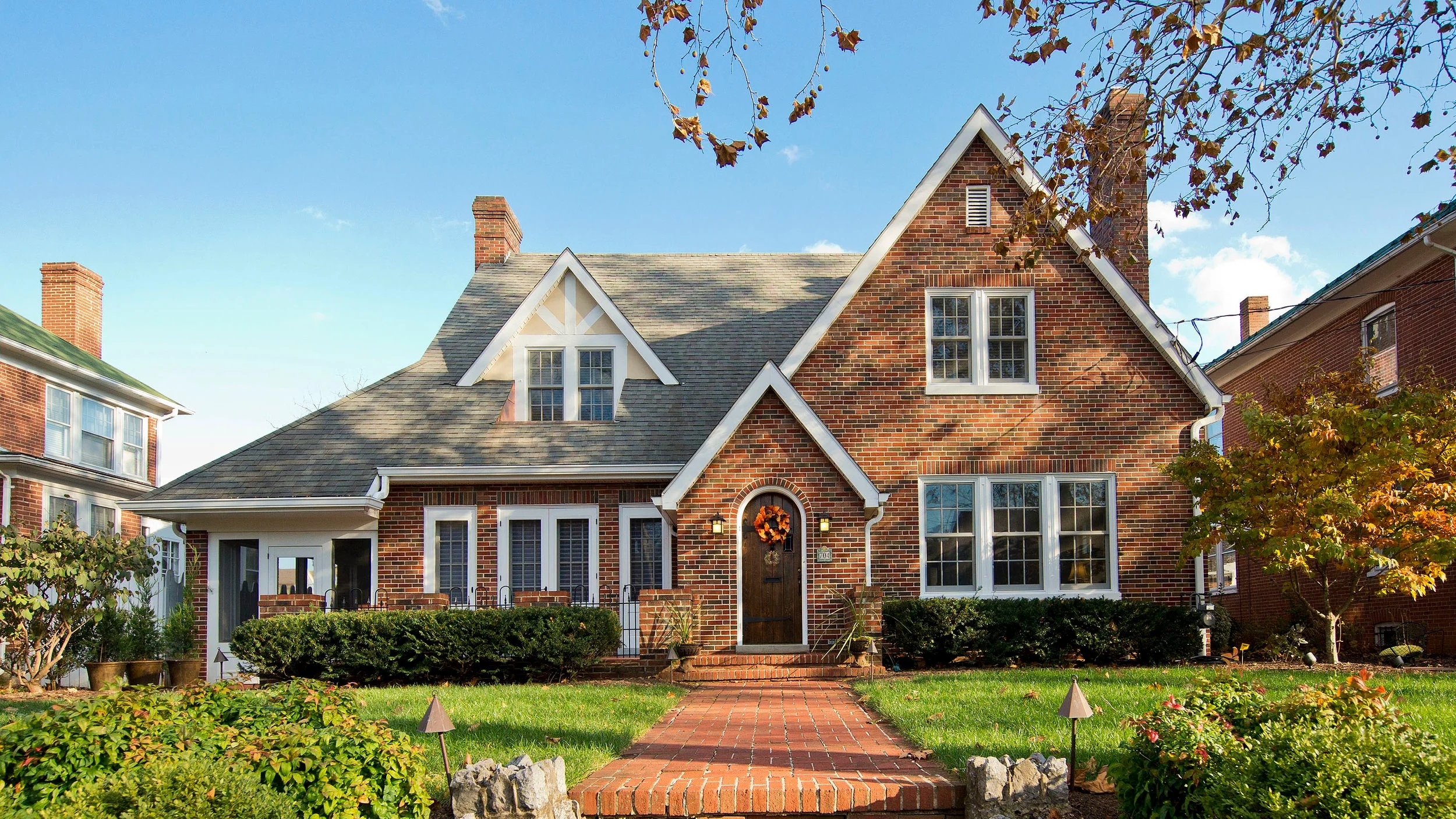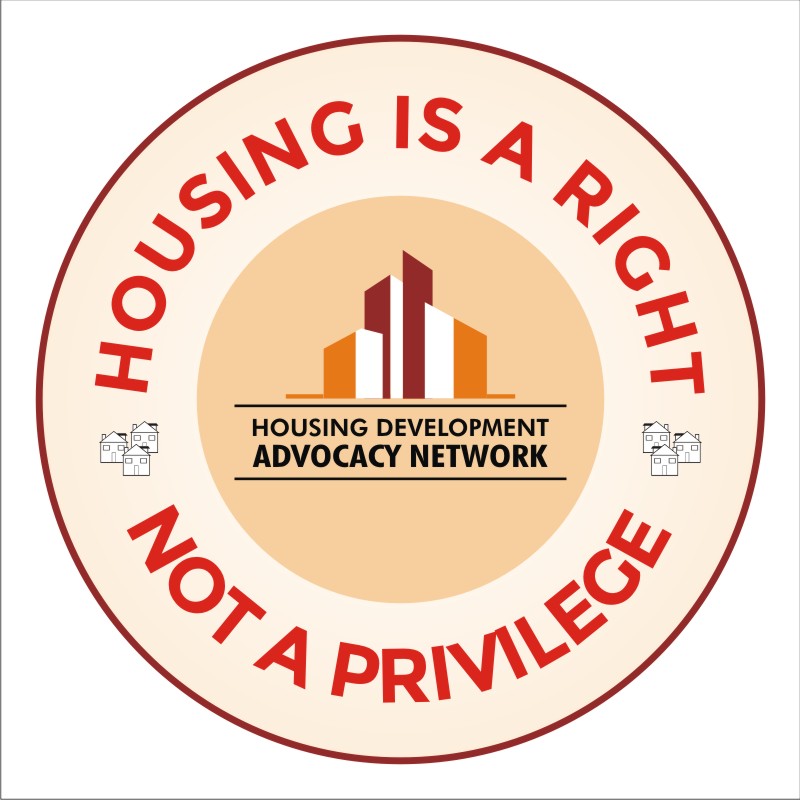
Real estate in India includes different kinds of residential or commercial property ownership, mostly divided into freehold and leasehold. Understanding these types is important for possible purchasers, investors, and property owners to make informed decisions.
This post studies the crucial differences in between freehold and leasehold residential or commercial property, their advantages and downsides, and the legal aspects that govern them.
What is Freehold Residential or commercial property?

This is a kind of residential or commercial property ownership where the owner has total control over the real residential or commercial property and the land it bases on. The owner holds the title to the residential or commercial property forever, without any time restrictions or commitments to a remarkable property owner. The owner can offer, lease, or transfer the residential or commercial property at their discretion.

Characteristics of Freehold Residential Or Commercial Property
Complete Ownership: The specifying quality of freehold residential or commercial property is outright ownership. Unlike a lease, where ownership ultimately reverts to the property manager, a freehold title deed represents your unrestricted claim to the residential or commercial property for all time. It equates to peace of mind, knowing you can pass down the residential or commercial property to future generations or offer it at your discretion.
Greater Control and Freedom: Freehold ownership empowers you to individualize your residential or commercial property to your taste. Subject to regional guidelines, you can undertake remodellings, extensions, or even destroy and restore totally. This versatility enables you to customize the residential or commercial property to your progressing needs and preferences, optimizing its utility and worth.
Potential for Appreciation: Freehold residential or commercial properties are generally considered better possessions compared to leaseholds. Since the land is permanently yours, freehold residential or commercial properties experience higher gratitude in market worth gradually. Hence, they are a sound investment choice for considerable returns in the long run.
Financial Benefits: Freehold ownership eliminates the need to pay ground lease, a recurring fee standard in leasehold residential or commercial properties. It causes continuous expense savings for freehold owners. Additionally, freehold residential or commercial properties command higher rental yields in the market than leaseholds, making them a profitable source of income.
Inheritance and Transfer: Freehold residential or commercial properties perfectly integrate into estate preparation. You have the total liberty to bequeath the residential or commercial property to your successors or recipients through a will. There are likewise minimal restrictions on selling or moving freehold ownership. These aspects make it a flexible asset for different financial goals.
While freehold ownership offers indisputable benefits, it comes at a greater preliminary expense than leaseholds for permanent land ownership. Additionally, freehold ownership comes with the responsibility for all residential or commercial property taxes and upkeep costs.
What is Leasehold Residential or commercial property?
The meaning of leasehold residential or commercial property is basic. It is a type of residential or commercial property ownership in which the owner, or leaseholder, can use the residential or commercial property for a particular duration, per the lease contract terms. The land itself is owned by a freeholder (or property manager), and the leaseholder should comply with the conditions described in the lease.
Characteristics of Leasehold Residential Or Commercial Property
Fixed Term Ownership: The defining attribute of leasehold residential or commercial property ownership is the finite lease term. Leases generally vary from 25-30 years to 99 or perhaps 999 years, though much shorter leases exist. Once the lease ends, ownership of the residential or commercial property goes back to the freeholder (landowner) unless the lease is extended or renewed. This restricted ownership period can impact the residential or commercial property's value and long-term investment potential. As the lease nears its end, the residential or commercial property's worth may decrease due to the lessening ownership rights.
Shared Responsibilities: The division of upkeep obligations in between the leaseholder and the freeholder differs depending upon the lease agreement. The freeholder is responsible for preserving the building structure and typical locations, while the leaseholder is accountable for preserving the interior of the residential or commercial property.
Lease Agreement Compliance: A lease arrangement governs the rights and obligations of the leaseholder (you) and the freeholder. This arrangement outlines crucial information such as:
Duration of the Lease: Specifies the specific timeframe for which you have the right to occupy the residential or commercial property.
Ground Rent: A periodic charge paid to the freeholder for using the land. It might be repaired or subject to escalation clauses that increase the rent with time.
Service Charges: Cover the maintenance of typical locations, facilities, and often building structures, depending upon the agreement.
Restrictions on Use and Modification: Lease arrangements restrict how you can utilize and modify the residential or commercial property. Significant changes such as structural modifications or remodellings may require permission from the freeholder. Additionally, subletting or selling the leasehold residential or commercial property might be subject to particular provisions within the lease.
Leasehold land is a typical ownership alternative for apartments and flats. While it offers the right to inhabit and utilize the residential or commercial property, it has constraints on ownership period, modifications, and possible worth depreciation.
Advantages and Disadvantages of Freehold Residential Or Commercial Property
Freehold residential or commercial property ownership delivers a sense of permanence and control however likewise has specific obligations. Let's study its benefits and disadvantages to assist you decide if it's the right option.
Advantages of Freehold Residential Or Commercial Property
Complete Ownership and Control: The greatest advantage of freehold residential or commercial property is absolute ownership. You own the land and the building, giving you complete control over your residential or commercial property. You can live there for as long as you desire, make adjustments or restorations without looking for consent (subject to regional policies), and utilize the residential or commercial property for any legal function.
Greater Freedom and Flexibility: With freehold ownership, you can rent your residential or commercial property, sell it anytime, or even pass it on to your heirs. Unlike leasehold lands with constraints on modifications and restrictions on use, freehold residential or commercial properties use optimal versatility in how you use your area.
Easier Financing: Banks and loan provider consider freehold residential or commercial properties more secure than leasehold residential or commercial properties. You get easier mortgage approvals and much better interest rates when securing a mortgage for a freehold residential or commercial property.
Higher Capital Appreciation: Freehold residential or commercial properties are thought about long-lasting investments with the potential for capital appreciation. As land is a finite resource, its value tends to increase in time, especially in preferable areas. Owning the land and building allows you to benefit from this growth.
Simpler Selling Process: Selling a freehold residential or commercial property is more simple than offering leasehold residential or commercial property. The initial landowner does not require to allow the sale, and the sale follows the guidelines of getting in a sale contract and registering the deed.
Disadvantages of Freehold Residential Or Commercial Property:
Higher Initial Investment: Freehold residential or commercial properties generally have a greater cost than leasehold residential or commercial properties with a similar lease term. This cost is due to the fact that you're buying the structure and the land underneath it, which can be a substantial obstacle for newbie purchasers or those with limited budgets.
Maintenance and Repair Costs: As the sole owner, you are responsible for all upkeep and repair work related to the residential or commercial property. It consists of both regular upkeep and any unanticipated repair work that might emerge. These costs can accumulate in time and require mindful budgeting.
Residential Or Commercial Property Taxes and Insurance: Freehold residential or commercial property owners are responsible for paying residential or commercial property taxes and insurance coverage, which may become a concern with time.
Government Acquisition of Land: In rare cases, the federal government may acquire freehold land for public infrastructure or industrialization advancement jobs. While you will receive compensation, it may not constantly match the residential or commercial property's market price.
Risk Factors: Freehold ownership features the fundamental dangers associated with owning any residential or commercial property. These can include damage from natural disasters, break-ins, or vandalism. However, these risks can be mitigated by taking the needed preventative measures, such as protecting correct insurance protection and carrying out security steps.
Advantages and Disadvantages of Leasehold Residential Or Commercial Property
Leasehold residential or commercial properties are a distinct option to standard freehold ownership. While they include benefits that make them attracting particular purchasers, there are likewise limitations. Here's a breakdown of the essential advantages and disadvantages of leasehold ownership:
Advantages of Leasehold Residential Or Commercial Property
Affordability: Leasehold residential or commercial properties are typically more affordable than freehold residential or commercial properties for the same type of dwelling. This is due to the fact that you buy the right to occupy the structure, not the land itself. It can be a significant advantage for novice buyers or those on a tighter budget.
Lower Maintenance: The freeholder, who owns the land and building structure, is accountable for major repairs and upkeep of the structure's outside and common areas. It can benefit those who choose a low-maintenance lifestyle and do not want to fret about budgeting for unanticipated repairs.
Shared Amenities: Leasehold residential or commercial properties can access shared gardens, fitness centers, swimming pools, or parking spaces. These features can improve the living experience and provide extra worth for the expense.
Short-Term Needs: Leasehold residential or commercial properties can be a good option for those who only plan to live in a residential or commercial property for a much shorter period. It might be ideal for students, young experts, or those with a versatile way of life.
Disadvantages of Leasehold Residential Or Commercial Property
Limited Control: As a leaseholder, you have less control over the residential or commercial property than a freeholder. Making substantial alterations or renovations generally needs authorization from the freeholder, which can be prolonged and sometimes costly.
Decreasing Value: The value of a leasehold residential or commercial property can decrease as the lease term reduces. This is because the remaining duration of ownership ends up being less important.
Renewal Costs: Renewing the lease upon expiry can be pricey. The freeholder sets the renewal terms, and it might include a substantial increase in ground lease. It can economically problem leaseholders, especially if residential or commercial property worths have not increased substantially.
Recurring Charges: Leaseholders are accountable for yearly ground rent, a payment to the freeholder for the right to occupy the land. Additionally, there might be service fee for building upkeep and shared facilities. These costs can accumulate and increase with time.
Financing Difficulties: Obtaining a mortgage for a leasehold residential or commercial property can be more tough than for a freehold one. Some lenders may limit the length of the staying lease or charge greater rates of interest.
What Sort of Residential Or Commercial Property is Preferred for Residential Purposes?
When choosing between freehold and leasehold residential or commercial property for property purposes, several factors enter play:
Freehold Residential Or Commercial Property for Residential Use
Freehold residential or commercial properties are chosen for property use due to the security of ownership, liberty to customize the residential or commercial property, and lack of ground rent commitments. Homeowners seeking long-lasting stability and the ability to pass the residential or commercial property on to future generations may discover freehold residential or commercial property better.
Leasehold Residential Or Commercial Property for Residential Use
Leasehold residential or commercial properties can be viable for those searching for a lower initial investment, particularly in city locations with high residential or commercial property rates. However, potential purchasers need to understand the lease term and any associated constraints or costs. Leasehold residential or commercial properties might also be preferred in locations where freehold residential or commercial properties are not available.
How To Convert Leasehold Residential Or Commercial Property Into Freehold Residential Or Commercial Property?
Converting a leasehold residential or commercial property into a freehold residential or commercial property includes numerous steps:
Check Eligibility: Ensure the residential or commercial property is eligible for conversion per regional policies.
Request Conversion: Apply to the pertinent authority, such as the local community office or development authority.
Pay Conversion Fees: A fee may be connected with transforming the residential or commercial property from leasehold to freehold.
Obtain a No Objection Certificate (NOC): An NOC from the freeholder or appropriate authority may often be needed.
Complete Legal Formalities: Finalize the procedure by completing all needed legal formalities and signing up the residential or commercial property as a freehold residential or commercial property.
Key Differences: Freehold Vs Leasehold Residential Or Commercial Property
Here are the key differences between these 2 residential or commercial property types based upon the following requirements:
Ownership and Control

Freehold: With freehold ownership, you own the residential or commercial property and the land it rests on. This grants you total control over the residential or commercial property. You can make adjustments, restorations, or extensions, subject to regional planning guidelines.
Leasehold: In a leasehold residential or commercial property, you buy the right to occupy the residential or commercial property for a set period, normally varying from 99 to 999 years. The land comes from a freeholder, often a housing association or local authority. Your control is limited by the regards to the lease agreement, which might restrict adjustments or need consent from the freeholder.
Lease Term and Renewal
Freehold: There's no lease term with freehold ownership. You possess the residential or commercial property indefinitely and can pass it down to heirs or sell it without limitation based upon the lease term.
Leasehold: The lease term is an important element. A much shorter lease (less than 80 years remaining) can negatively impact the residential or commercial property's worth. Leasehold residential or commercial properties frequently come with renewal choices, which can be expensive and based on settlement with the freeholder.
Financial Considerations
Freehold: Generally, freehold residential or commercial properties have a higher upfront cost due to owning the land. However, they tend to appreciate gradually, offering a better long-term investment. You are responsible for all maintenance and repair expenses.
Leasehold: Leasehold residential or commercial properties typically have a lower initial cost. However, you might incur extra continuous charges, such as ground rent, an annual fee paid to the freeholder, and service charges for building maintenance. The cost of renewing the lease can likewise be considerable.
Flexibility and Freedom
Freehold: Freehold ownership uses maximum flexibility. You can sell the residential or commercial property at any time, make adjustments without constraints (subject to preparing permission), and take pleasure in complete liberty of ownership.
Leasehold: Leasehold residential or commercial properties come with limitations. The remaining lease term and prospective renewal costs might affect the sale of the residential or commercial property. Modifications might need permission from the freeholder, and renting out the residential or commercial property might be limited.
Legal Aspects that Apply to Freehold and Leasehold Residential Or Commercial Property

Legal Aspects of Freehold Residential Or Commercial Property
Title Deeds: Freehold residential or commercial property owners must ensure that they hold clear and marketable title deeds.
Residential Or Commercial Property Taxes: Owners are responsible for paying residential or commercial property taxes to the local federal government.
Land Registration: The residential or commercial property must be signed up with the land computer system registry to develop legal ownership.
Legal Aspects of Leasehold Residential Or Commercial Property
Lease Agreement: The lease contract describes the terms of the lease, consisting of the lease duration, ground lease, and maintenance obligations.
Lease Extension and Renewal: As the end of the lease term methods, leaseholders may need to negotiate lease extensions or renewals.
Leasehold Reform: Changes in legislation can affect leasehold ownership, such as reforms to make it simpler for leaseholders to buy their freehold or extend their lease.
Land Registration: Like freehold residential or commercial properties, leasehold residential or commercial properties need to also be registered with the land computer registry.
Conclusion
Understanding the essential distinctions between freehold and leasehold residential or commercial property can help anybody in the Indian realty investment. Freehold residential or commercial properties provide complete ownership and long-term security, making them perfect for those seeking stability and control over their residential or commercial property. On the other hand, leasehold residential or commercial properties can be more inexpensive at first and might be more widespread in particular locations, however they include limitations and continuous expenses. Whether selecting freehold vs leasehold residential or commercial property, prospective buyers should carefully consider their long-lasting objectives, financial scenario, and the particular terms of the residential or commercial property in question.

Frequently Asked Questions (FAQs)
Can freehold land be taken back by the federal government?
Yes. Under the Land Acquisition Act, the federal government can get freehold land for public functions. However, the residential or commercial property owner is entitled to payment based on the residential or commercial property's market value.
What kind of residential or commercial properties can not be freehold?
Specific residential or commercial properties, such as those on government or public land, might not be eligible for freehold ownership. Residential or commercial property within specific housing societies or areas might likewise be available as leaseholds.
Are freehold residential or commercial properties safe to buy?
Yes. Freehold residential or commercial properties are normally considered safe financial investments due to the continuous nature of the ownership and the absence of continuous ground lease. They provide greater security and control than leasehold residential or commercial properties, making them a favored option for lots of investors. However, thorough due diligence before investing assists you with a clear title and abide by regional policies.


